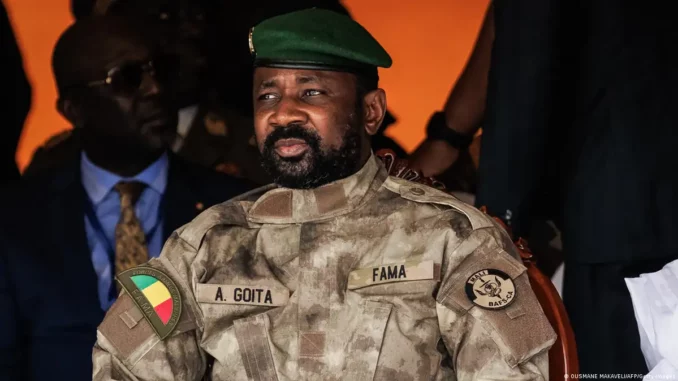
In a troubling development, Mali’s political landscape faces renewed turmoil as the ruling military junta tightens its grip on power. An alliance of political parties and civil society groups reports that several of their leaders were detained during a private gathering at a former minister’s residence.
The arrests, occurring amid Eid celebrations, have sparked outrage and calls for immediate release. While the exact number of detainees remains unclear, sources suggest up to 11 individuals, primarily political figures, were taken into custody.
This crackdown follows April’s decree restricting political activities under the guise of maintaining public order. The move has effectively silenced opposition voices, with all political party activities suspended. Critics argue this push towards authoritarianism aims to extend the junta’s rule indefinitely.
The opposition alliance has appealed to Mali’s Supreme Court, challenging the legality of these restrictions. However, uncertainty looms over when the court will address their plea.
Despite the climate of fear, some activists remain defiant. Speaking anonymously, they vow to continue political discussions by any means necessary, even if forced to meet in fields or orchards. This resolve underscores the deep-seated desire for democratic dialogue in Mali, even as the space for open political discourse rapidly shrinks.
As tensions escalate, the international community watches closely, concerned about the trajectory of Mali’s governance and its implications for regional stability.
